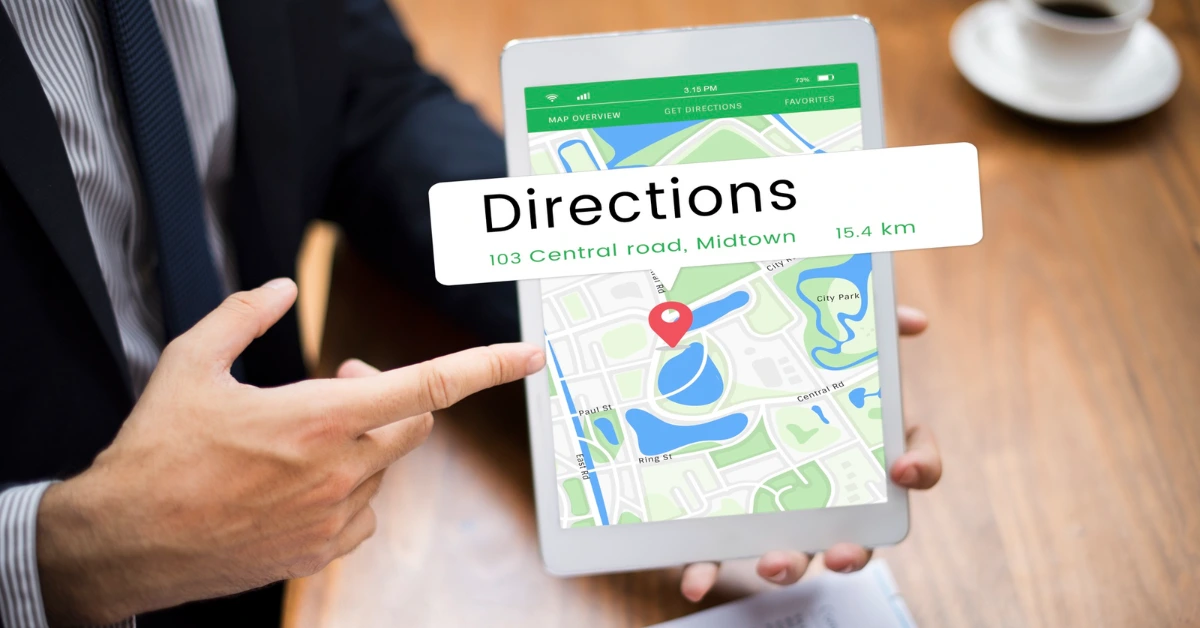The development of new technologies has shifted the center of eCommerce development to Texas. Every city in the state is developing new mobile applications and websites for greater customer engagement. Solutions for user-scalability and a structured framework of digital commerce resolves issues for which Texas entrepreneurs look as a primary focus. This document captures every detail regarding the eCommerce development through mobile apps and websites.
The Growing Demand for eCommerce Development in Texas
The state of Texas has one of the fastest growing, and already highest ranked, population in the United States. And, the state certainly does not fall short of the digital consumer base. Recent statistics prove over 70% of Texans prefer going for online shopping. And, that has been possible because of the technology hubs like Austin. To tackle the innovative pace in the state, a large majority of the population contribute as some of the most technically upgraded customers in the country. Seeing the high change in consumer demands and behavioral attributes offers a lot of value through business solutions that integrate with eCommerce development goals.
Why Your Business Needs Mobile App & Website Development In 2025
What has also changed tremendously is the need for mobile applications and the integration of website development services. In the current era, running a business without a digital identity is beyond incomprehensible. And, having mobile friendly websites or apps makes it even easier. There are many uses, here are some worth pointing out.
Accessibility at all times: Anyone, anywhere, and at any time have the ability to enter the store.
Broader Audience Reach: Target customers within Texas and other regions.
Data Insights: Analytics on users is monitored in real-time.
Customer Retention: Maintained using push notifications and personalized engagement through loyalty programs.
Key Components of a Successful eCommerce Development Platform
User Experience (UX): Great customer satisfaction is achieved with intuitive navigation, fast loading speeds, and clearly defined actions. A website should also have a visually attractive interface that is simple to navigate.
Mobile Responsiveness: Texas has a high volume of mobile eCommerce traffic. Ensure your site is responsive on mobile devices or create a dedicated app.
Secure Payment Gateways: Make use of trusted payment options such as PayPal and Stripe. Security of payments is of utmost importance.
Product Management System: With a good CMS or eCommerce development system like Shopify, WooCommerce or Magento, you can easily manage products, pricing, promotions, and inventory.
Search Engine Optimization (SEO): To sustain organic traffic, wing focused Texas-based keywords to be found on the site. This will help boost visibility within the area.
Popular Platforms for eCommerce Development in Texas
Shopify: A great choice for SMEs and even startups. Its ease of use and multiple integrations make it very appealing
Magento: Best suited for Medium to large businesses with need of advanced tailoring their systems.
WooCommerce: Ideal to be used together with wordpress and for those who prefer control and versatility.
BigCommerce: Located in Austin, this well known platform is recognized for its durability and ability to grow.
Mobile App Development Considerations
UICAP Inc. specialized in UI/UX of mobile applications for different industries such as hospitality, medicine, and others. They recommend considering Texas users as the fastest growing group of mobile users in the USA.
Native vs. Hybrid Apps: Along with mobile app development the company must consider the best strategy to develop their application. Native apps are built for specific platforms: iOS, Android, and they function better when compared to hybrid apps that are less costly and quicker to develop trying to serve on more platforms. Unfortunately, hybrid apps usually don’t possess some features that native apps have.
UI/UX: Users in Texas are used to speedy apps that look good and work flawlessly. They also routinely make use of modern devices, so ensure thorough testing of your UI/UX design. It is more beneficial to invest in through refinement of your designs.
Push Notifications: Customized promotions encouraged through push notifications play a great role in retaining customers.
Offline Capabilities: Apps that can perform offline, especially for areas in rural Texas, where the level of connectivity is not that great, will surely be successful.
Local SEO: Add location-based keywords and optimize Google My Business.
Influencer Marketing Collaborations: Work with Texas-based influencers.
Legal Aspects Of Texas
Sales Tax: Be informed about state and local sales tax policies.
Laws: Adhere to the state’s privacy and consumer protection laws.
Business Registration: Verify that your business complies with all state obligations.
Cost for eCommerce Development in Texas
Website: $3,000 to $25,000 depending on how complex it is.
Mobile Applications: $5,000 to $100,000 depending on features.
Other Business Costs: hosting, maintenance, marketing, upgrades.
Texas Business Case Studies
Successful Texas Retail Business: A clothing retailer from Houston experienced 200% sales growth after launching a mobile application.
Local Food Delivery Application: An Austin-based startup created a custom food delivery application and now serves over 500 partnered restaurants.
Texas businesses will need to pay attention to the digital shift in 2025. There is no way for startups and established businesses to ignore it. Investing in mobile applications and website eCommerce development solutions will greatly improve the efficiency of business operations and market access. With the right plans and partners for development, a business based in Texas can succeed in the digital commerce world.
Look out for new posts in this series, such as how to pick the best development agency in Houston and Katy, the growth of Shopify in Texas, and more. Looking for a white label website developer in Texas? Click here.







Share